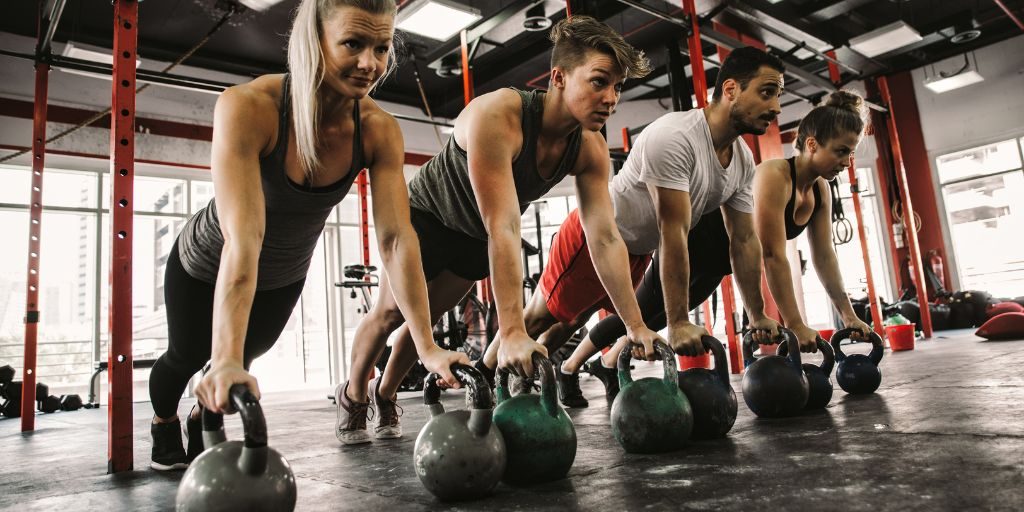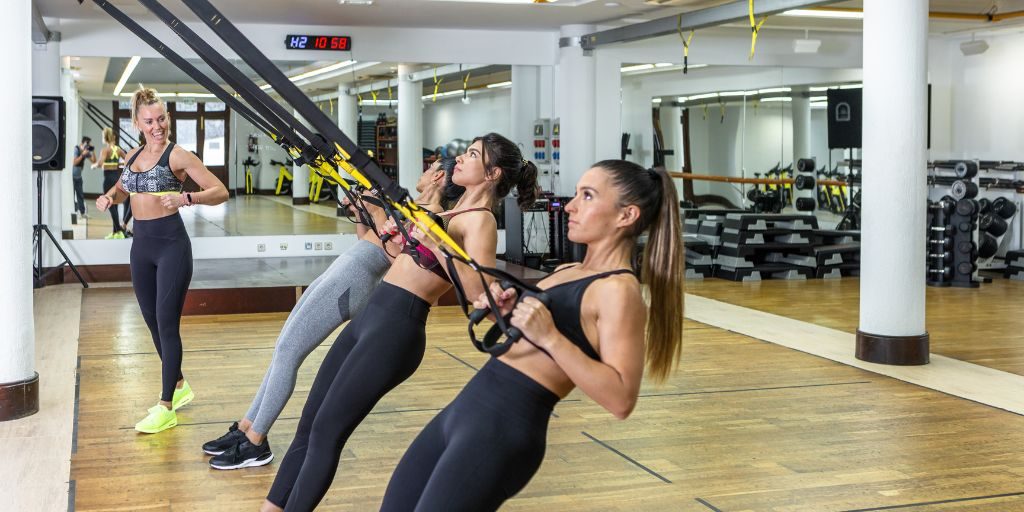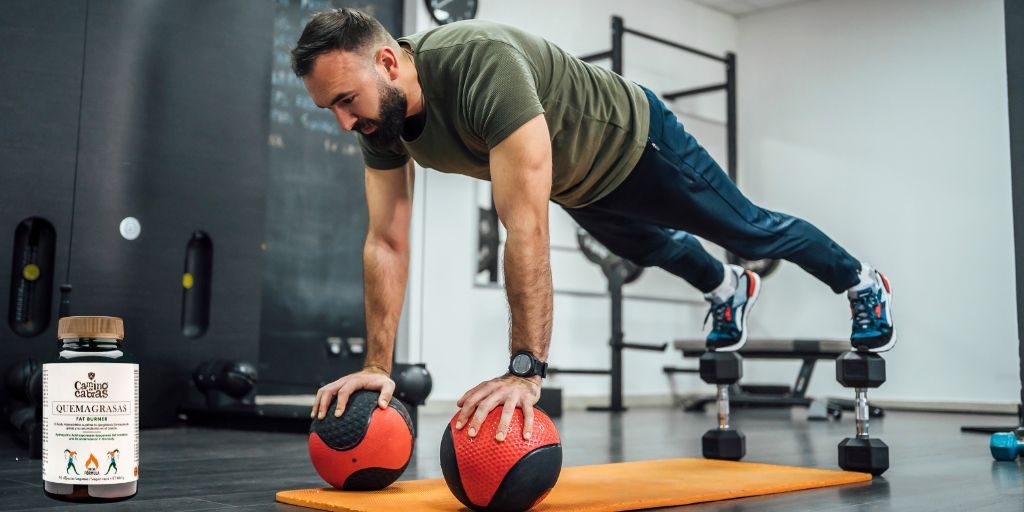In an ever-changing world where fitness and wellness trends emerge dizzily, one training strategy has earned a privileged place among health experts and enthusiasts: Functional Training. More than just a fad, this holistic approach has proven to be a powerful tool for improving physical performance, preventing injury, and promoting overall wellness. In this article, we’ll explore the basics of functional Training, its myriad benefits, and how you can incorporate it into your daily routine to transform your body and lifestyle.
What is Functional Training?

Functional Training is based on executing natural, multi-joint movements that mimic everyday actions and demands. Unlike traditional approaches, where the main goal is muscle isolation, Functional Training focuses on the functionality and applicability of the exercises to everyday tasks. This is achieved through compound movements, such as squats, push-ups, pull-ups, and rotations, which engage multiple muscle groups simultaneously. The result is a comprehensive improvement in strength, flexibility, balance, coordination, and agility, allowing you to move more efficiently and safely in your daily life. Functional Training will help you transform your body and lifestyle.
Benefits of Functional Training to transform your body and lifestyle

Functional Training improves your physical performance and positively impacts your overall health and well-being. By focusing on natural and functional movements, this training method helps prevent injuries and improve body posture, reducing the risk of long-term musculoskeletal problems. In addition, Functional Training benefits cardiovascular capacity and metabolism, contributing to better weight control and healthier body composition. Listed below are some of the main benefits of Functional Training for overall health and wellness:
- Improved muscular strength and endurance: Functional Training integrates multiple muscle groups, allowing for the development of greater strength and endurance. This translates into improved performance in activities of daily living.
- Increased flexibility and mobility: Functional exercises include full-range movements that improve joint flexibility and mobility. Greater flexibility reduces the risk of injury and enhances the quality of movement.
- Improved balance and stability: Many functional exercises require postural control and balance, strengthening stabilizing muscles. Better balance and stability help prevent falls and improve coordination.
- Optimizing cardiovascular efficiency: Functional Training often includes dynamic movements and high-intensity exercises that raise the heart rate. Contributes to improved cardiovascular capacity and heart health.
- Increased bone density: Some functional exercises involve impact loads and forces that stimulate bone formation, which can help prevent osteoporosis.
- Improved mental health and well-being: Functional Training can have psychological benefits, such as improving mood, reducing stress, and increasing self-confidence. Regular physical activity has a positive impact on mental health.
- Adaptation to activities of daily living: Functional exercises are based on natural, everyday movements, which facilitates better adaptation and transfer to the tasks of daily living. This contributes to greater independence and autonomy in everyday life.
- Improved sports performance: If you are an athlete or sportsperson, Functional Training can be your perfect ally to take your performance to the next level. By focusing on natural, multi-joint movements, this training method helps you develop skills and abilities that transfer directly to your sport-specific movements. For example, a Functional Training routine can improve your jumping ability, agility, and stability, translating into better performance in sports such as basketball, soccer, or volleyball. Numerous elite athletes have adopted Functional Training as an integral part of their preparation, achieving outstanding results in their respective disciplines.
- Improve mental health: But the benefits go beyond the physical, as Functional Training can also improve your mental health by reducing stress levels and improving your mood.
How do you incorporate Functional Training into your routine to transform your body and lifestyle?

If you want to start enjoying the benefits of Functional Training, we recommend gradually integrating it into your exercise routine. You can start with basic exercises, such as squats, lunges, pull-ups, and rotations, focusing on correctly executing the movements. As your body adapts, you can increase the complexity and intensity of the exercises, incorporating jumps, twists, and stability exercises. Remember also to dedicate time to mobility and flexibility work to maintain proper functionality. In addition, you can combine Functional Training with other physical activities, such as cardio or traditional strength training, for a comprehensive and balanced training program.
With the help of our high-impact FATBURNER, you can increase your energy and sports performance, improve functional Training, and define your muscles. All this is thanks to the combination of Vitamin C and green Tea in our fat burner. Vitamin C is a muscle recuperator that contributes to reducing fatigue, making it a powerful natural antioxidant ideal for pre-workout.
This type of Training is much more than just a trend in the fitness world; functional Training transforms your body and lifestyle. It is a revolution in how we think about exercise and wellness, focusing on natural and functional movements that will help you improve your performance, prevent injuries, and enjoy a better quality of life. By incorporating this training method into your daily routine, you can experience positive body, mind, and lifestyle changes. Immerse yourself in this transformation and discover the countless benefits that Functional Training offers – start living a healthier, stronger, and fuller life today!


